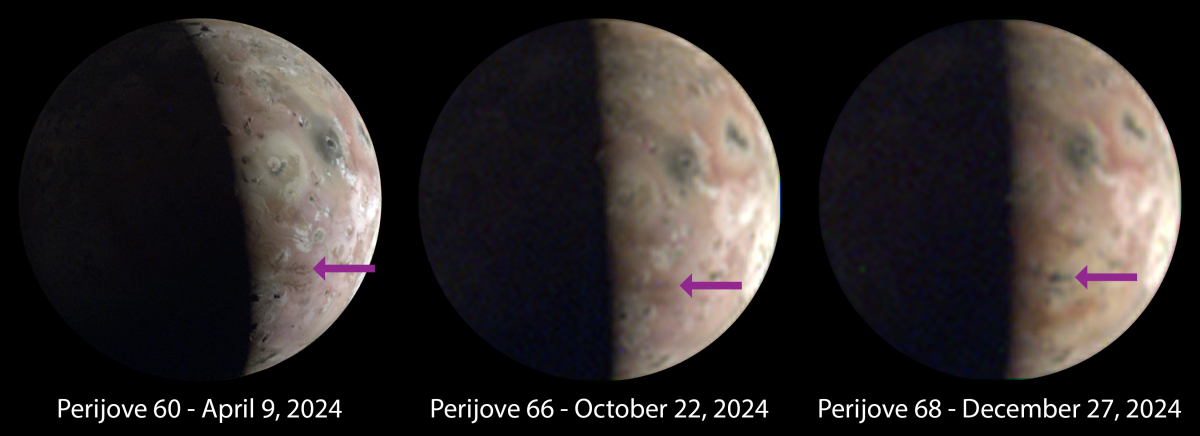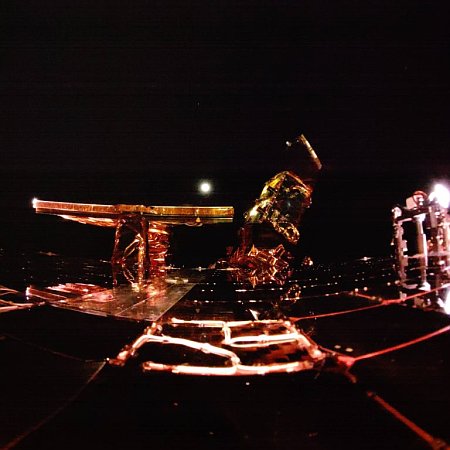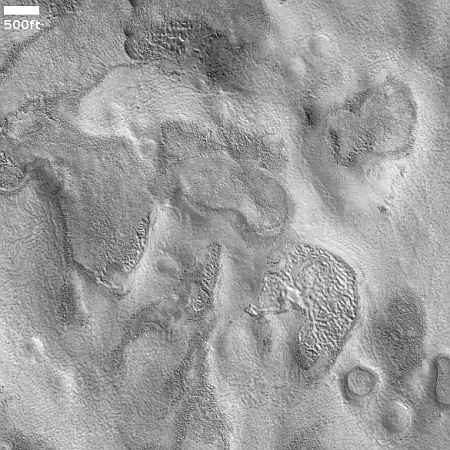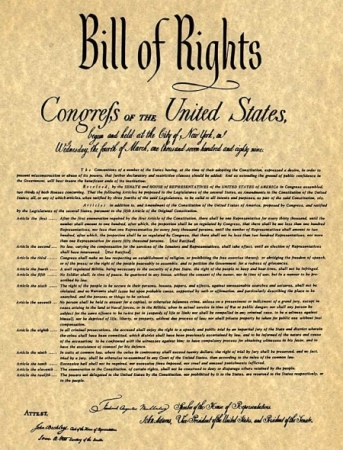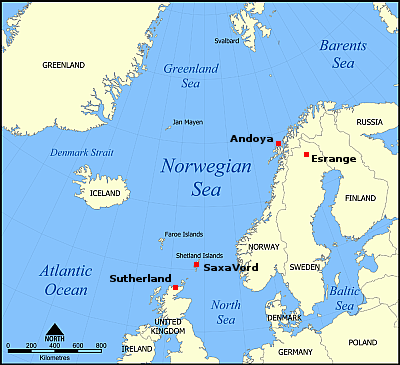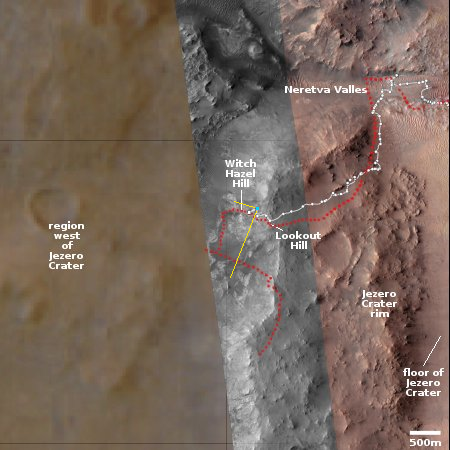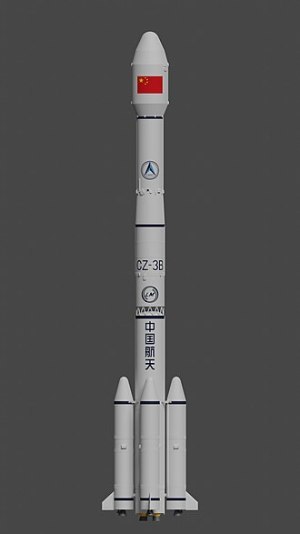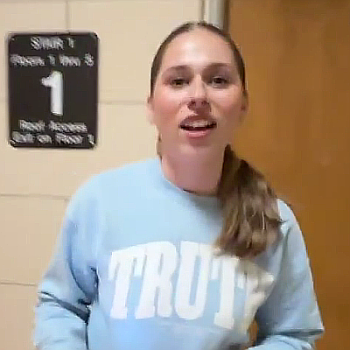New data that has refined the solar orbit of 200-foot-wide asteroid discovered in 2024, dubbed 2024 YR4, suggests it has a 1-in-83 chance of hitting the Earth on December 22, 2032.
“Odds have slightly increased to 1 in 83,” Catalina Sky Survey engineer and asteroid hunter David Rankin wrote on BlueSky. “This is one of the highest probabilities of an impact from a significantly sized rock ever.”
Amateur astronomer Tony Dunn shared a simulation of the asteroid approach on his X feed. “Recently-discovered #asteroid 2024 YR4 may make a very close approach to Earth in 8 years. It is thought to be 40-100 meters wide. Uncertainty is still high and more and more observations are needed confirm this.”
The asteroid is rated three on the Torino risk scale, which indicates a close encounter that warrants close attention from astronomers and an over 1% chance of impact.
Though most reports say the asteroid is about 200 feet across, there is great uncertainty in that number. It could also be as large as 320 feet, or as small as 130 feet.
At the moment the risk of impact is still small. If it does occur, there is a chance it could either cause a major airburst similar to the Chelyabinsk meteor impact in 2013 that injured more than 400 people, or even impact the ground or ocean. If it hits the ocean there is a considerable risk of tsunamis. At the moment it appears its path will cross from South America to Africa in the southern hemisphere, but this data remains very uncertain at this time.
Though there will be doom-sayers, overall this is not a world destroyer. It carries some risk, but we have eight years to refine our knowledge significantly, especially when it will make a close approach of five million miles in 2028. At that time scientists should be able to better measure its size as well as its future orbit, determining more precisely whether it will even hit the Earth in 2032.

